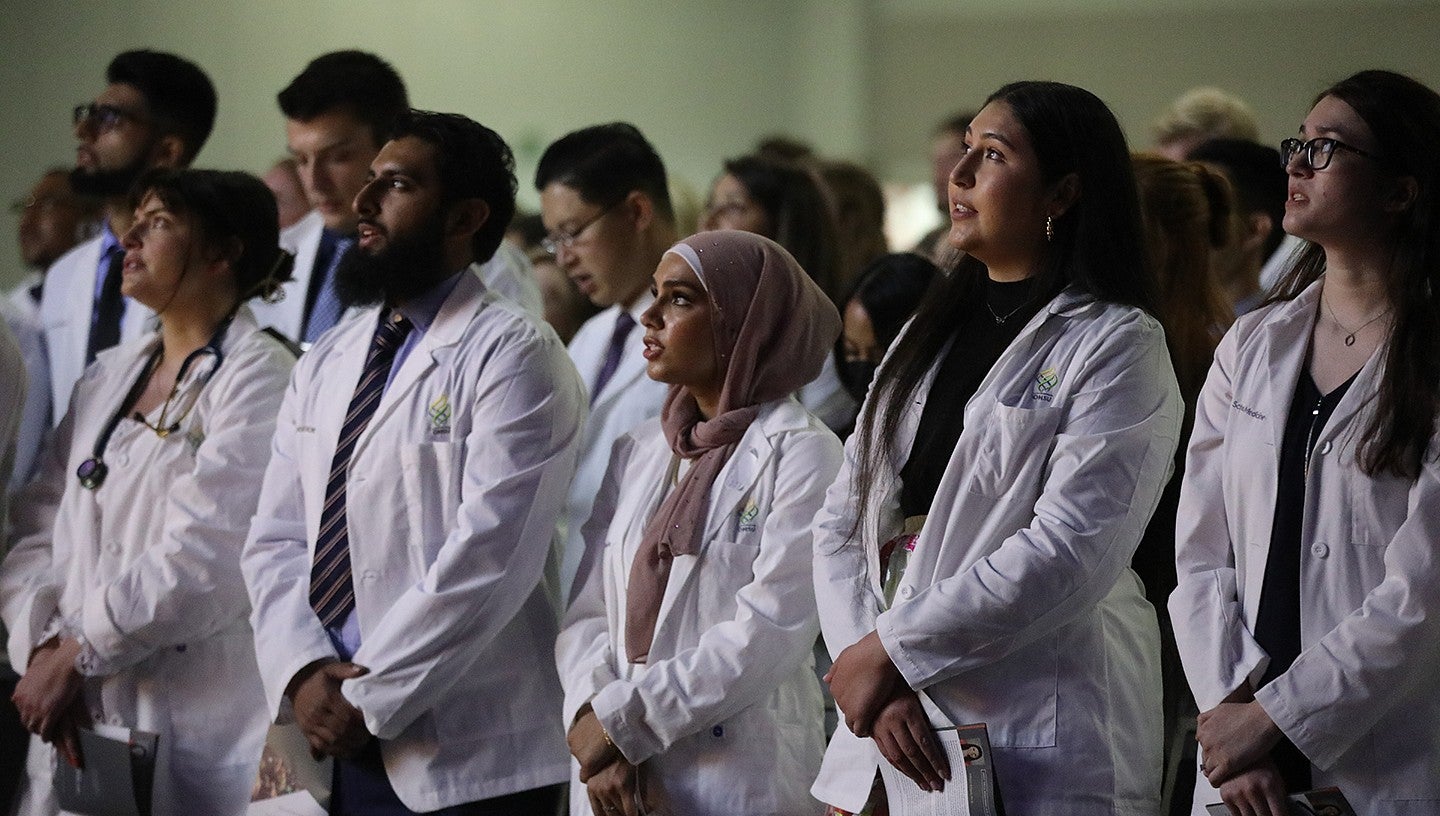
What makes a good doctor
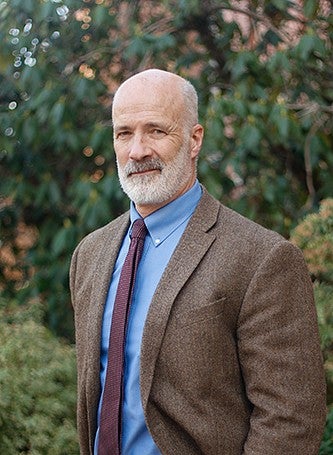
Hometown: Topsfield, Massachusetts
Alma Mater: Colby College undergraduate, University of Vermont M.D.
At OHSU since: 2001
Favorite spot on the OHSU campus: The Robertson Life Sciences building, which houses the medical, dental, PA and pharmacy schools, is such an interesting building for education that really creates a vision for collaboration between different health professionals
Life advice: “Always remember, your kids don’t read your résumé.”
In my free time, I'm: Beekeeping, skiing, backpacking with my wife.
Dr. Rob Cloutier knows what makes a good doctor. As a professor of emergency medicine and the assistant dean of medical school admissions at Oregon Health & Science University’s medical school, he gets to watch promising students grow into doctors, and has every day for the last 23 years. It’s his job to look for tomorrow’s great medical minds among the many people who apply to OHSU’s MD program each year.
According to Cloutier, the key to that work lies at the intersection of science and the social sciences. So when he screens applicants, he’s looking for more than just test scores and excellence in the STEM fields. He wants to see how students situate science in the larger human experience.
“Our ability to be a healthy and productive and flourishing society is going to have something to do with the ability to rationalize and incorporate science within our behavioral world,” he says. This means that the interdisciplinary training in critical thinking that Clark Honors College students get, whether their major is history or biology, is an ideal way to develop into the thoughtful, well-rounded individuals Cloutier seeks.
With an admission rate of just under four percent, OHSU’s medical school is one of the country’s more selective. It’s easy to see why: U.S. News and World Report ranks OHSU’s medical school #1 in family medicine and #3 in primary care. That’s not to mention its iconic campus overlooking downtown Portland or its status as the only academic health center in Oregon. Established in 1887 as a part of the University of Oregon, OHSU became an independent state institution in 1974, but remains a top destination for Oregon students who want to become doctors.
Giving strong preference to in-state residents, OHSU’s medical school interviewed 570 of more than 6,700 applicants, accepted 230 and enrolled 150 last cycle. Cloutier is deeply involved in those decisions, using the criteria of holistic admissions to help him judge what an applicant can offer to medicine.
Holistic admissions means “being able to look at an entire application and contextualize the academics, the experiences, how they talk about their experiences, and understanding how the written application and an interview come together to give me a full picture of potential,” says Cloutier.
Written expression, listening skills, humility and tolerance are just a few of the qualities he hopes to uncover. The interview is an incredibly important opportunity for an applicant to show how their academic and life experiences have developed their perspective on what good healthcare can be. Read on to hear more from Cloutier about how to demonstrate the value of a liberal arts education in a medical school application.

This interview was edited for clarity and length.
Did you always know you wanted to be a doctor?
Yes and no. It was a grand idea when I was a kid, but I can’t say I knew until I got to college. I didn’t thrive in the sciences, initially, but I was given the opportunity to take an EMT class as part of a college course my freshman year, and I got to do some observations in emergency departments, watching how doctors were working. I started doing ambulance work as a summer job because it was fun, and I enjoyed it. That's probably when it clicked.
But I didn't want to be a science major. I liked sciences, but I didn’t love them. I really enjoyed my liberal arts classes: history and literature and writing. So I told myself, I'll take one science class this semester. I still want to make sure I can go away my junior year to experience other things. And then I'll do a post-bac here if I need to, to take the extra science classes. I took a slower path into medical school, so I could be sure to fit in all the educational experiences that I wanted, but also be sure I was going to med school for the right reasons.
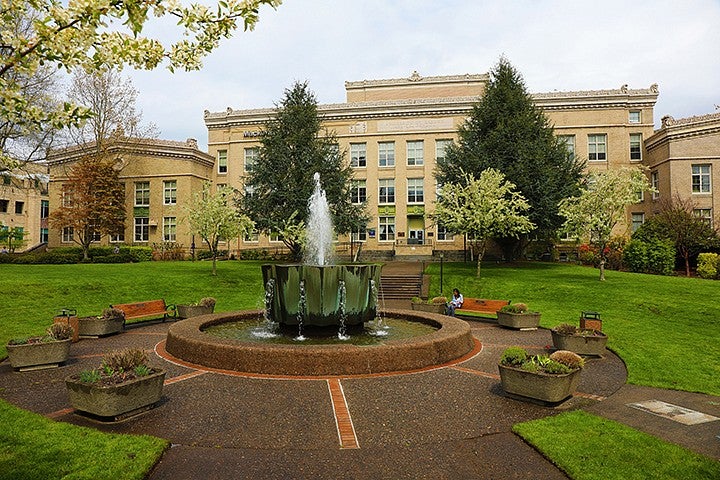
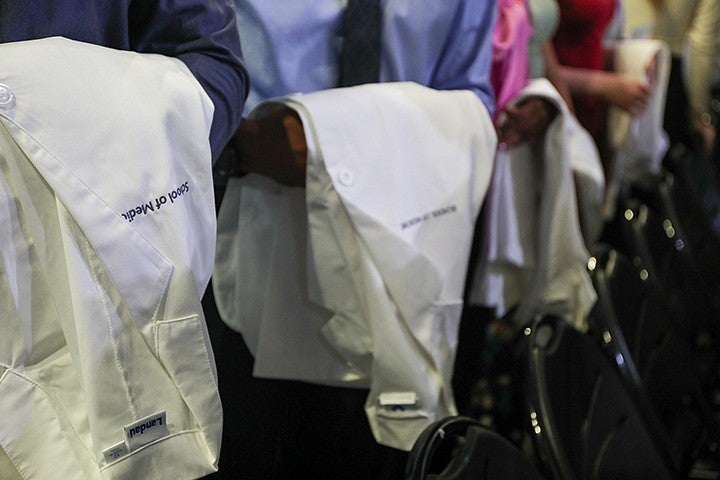
What was your experience applying to med school like?
That’s a little more complicated. I ended up applying a year before I anticipated, and I didn’t really know what I was doing. Part of the reason I applied was that I met the woman who would become my wife, and I was basically trying to get into the same school as her. So I threw together an application very quickly, very, very late in the process, and I only applied to UVM and a handful of other schools that were in the New England area. I thought, let’s just see what happens. So, I wasn’t getting an interview, wasn’t getting an interview, and to make a long story short, I called perpetually until they graciously gave me an interview very near the end of the cycle. And so, I was able to interview well, and I got in, and it’s kind of history from there.
I wouldn’t recommend my experience, necessarily. Going to medical school should be a really well-considered decision. Because quite frankly, it’s very expensive even to apply.
In your teaching work, is there a piece of advice you find yourself giving again and again?
Always focus on the patient. Try to meet the patient where they’re at. That’s not always going to be what you think they need, so make sure that you understand that your goals for their care and their goals for their care might not be the same thing.
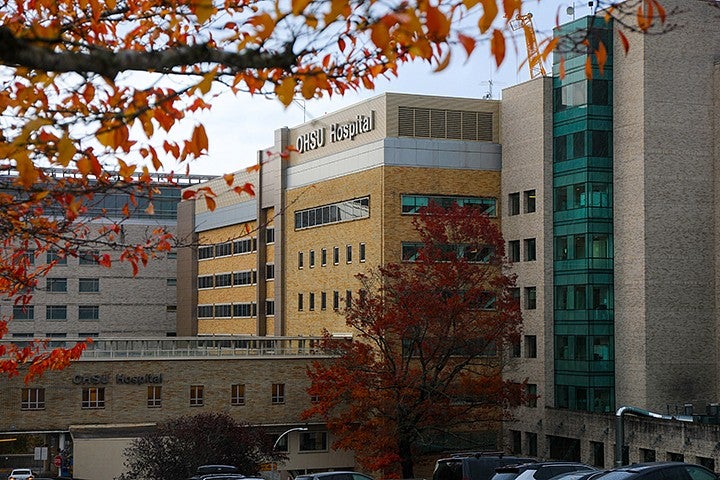
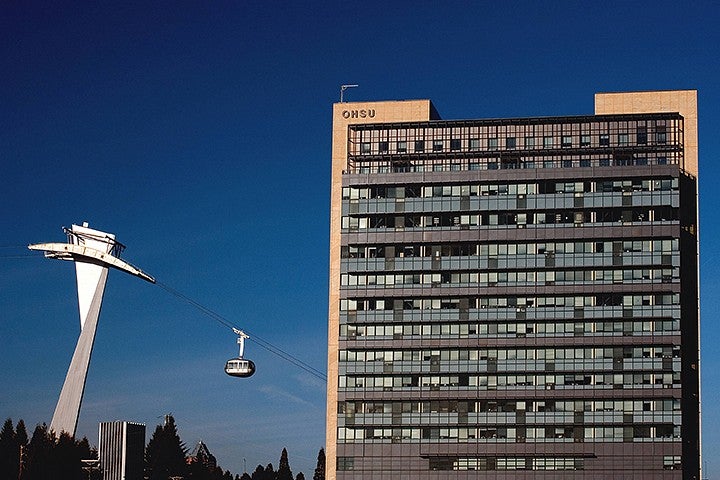
The education here at CHC is a liberal arts education – we emphasize communication, collaboration, critical thinking, and interdisciplinary learning. How does OHSU value those skills and perspectives in applicants?
Those are highly valued. Your understanding of the world you live in is going to give you a better, broader base of understanding of the different places where your patients might come from. Their life experiences may be very, very different than yours and the constraints under which their healthcare exists might be very, very limited. Or they may have expectations that are unrealistic. You need to find ways to work with the science and medicine that you know and be able to fit that within the confines of what a patient is interested in getting and able to get out of their healthcare. A liberal arts education allows you to see a broad set of experiences and have perspective on the lenses through which people see their worlds. I think that makes you a much more effective provider. It probably makes you more creative in terms of how you address problems.
I also need to see the ability to take abstract thought processes and bring those down and reconcile them with hard science and facts and logic. Thinking about a problem aspirationally is one thing, thinking about a problem realistically is another. And so that's the point of being able to leverage the liberal arts: to help you be creative about a realistic solution that's steeped in evidence-based science.
“A liberal arts education allows you to see a broad set of experiences and have perspective on the lenses through which people see their worlds. I think that makes you a much more effective provider. It probably makes you more creative in terms of how you address problems.”
What are some ways that a student who might not have a typical STEM background could put their best foot forward in a medical school application?
Expose yourself to the social aspects of the work. There are plenty of social and policy issues that are being debated in medicine right now. What are we going to call healthcare? What is the philosophy and the nature behind the physician-patient relationship? How has telemedicine affected our ability to interpret or reinterpret that relationship? There are any number of topics on healthcare economics, on the role and the future of federally qualified health centers. Healthcare has so many different challenges across races or ethnicities or cultures. There’s medical sociology, there’s medical anthropology. There are so many different ways to look at the medical world, and it doesn’t have to be through hardcore bench science.
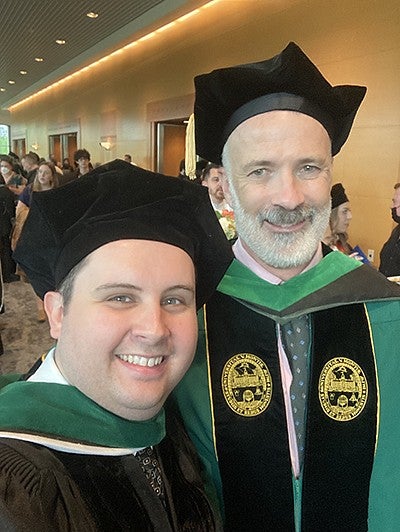
You’re currently interviewing applicants for the incoming class. What are some of your impressions? Do you have favorite questions or responses?
I ask a pretty broad set of questions that I think push on people knowing who they are. It's also to give me a sense of if you understand what you're getting yourself into, and if you have some understanding of the American healthcare system, its challenges and its opportunities. I think it's important for medical school applicants right now to have a pretty good understanding of the conditions that they're going to be working under, because they could be very difficult. Health economics right now, we're in a really tough place and it's important for students to have some understanding of how that could affect their livelihood.
I remember reading a really great essay. The student was a professional poker player and he was talking about diversity. He said you should never ever underestimate anybody by their appearances at a poker game, otherwise it will cost you a lot of money. And he thought that would bring his ability to be able to treat everybody equally because for him, it was a very smart, professional move to make when he was a poker player. He says, you learn a lot about people when everyone's on a level playing field and you give everyone equal agency within a group. I thought he probably would have brought a lot to the table.
What is the most rewarding aspect of your admissions work?
You get to watch people grow into becoming doctors. You make some dreams come true for people. For some people, it's a long road to get to medical school and I've had people who still text me today, thanking me for letting them into medical school, especially students who come from underprivileged backgrounds, and for whom they're first-generation college, these are big, big moments for them. It's even more fun to see them graduate. I make sure I go to graduation every year, so that I can say bye to the people I let in and watch them grow into doctors.
